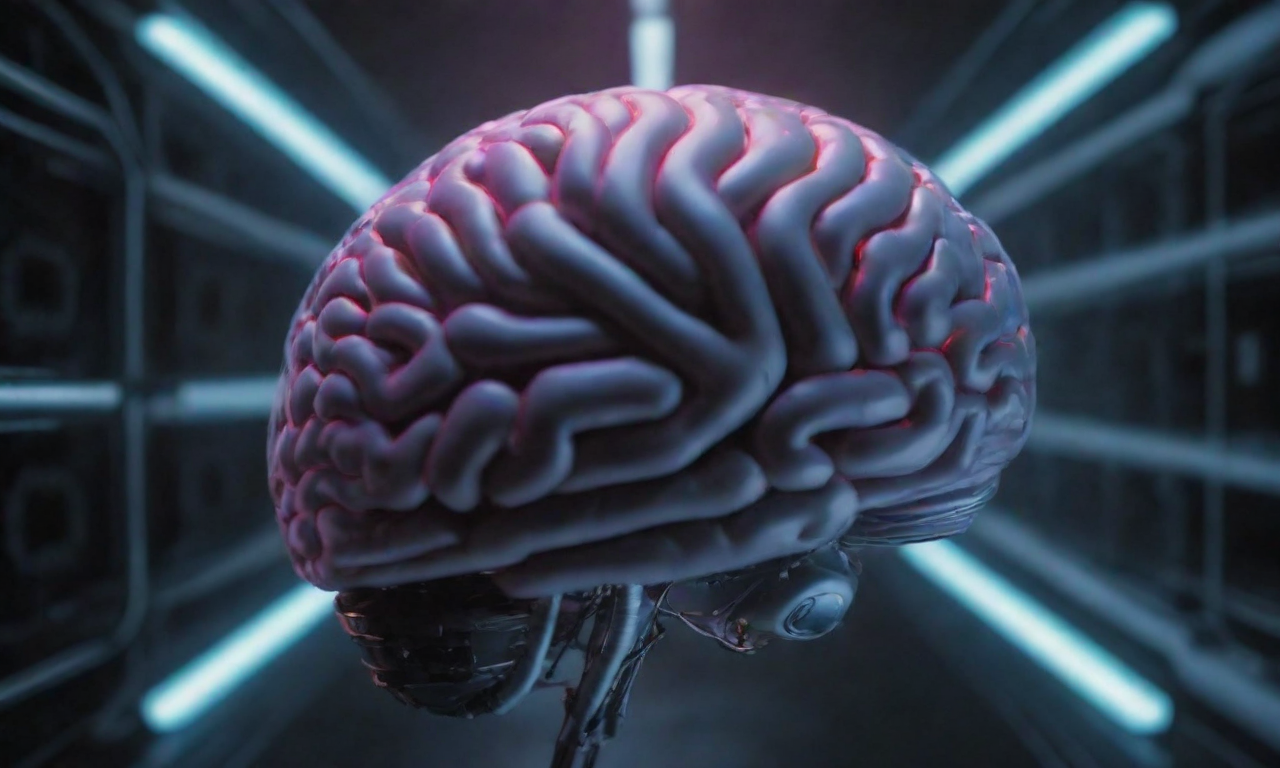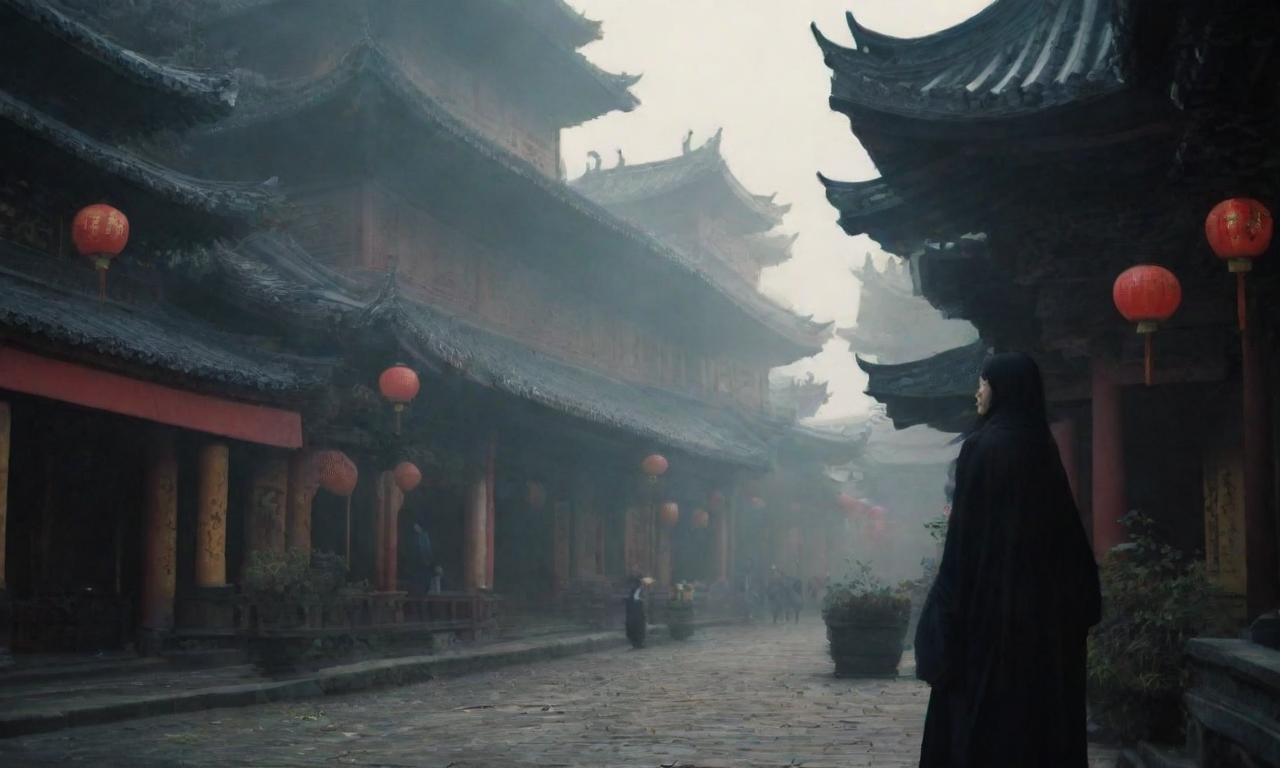The development speed of large language models such as ChatGPT in 2023 can only be described as ever-changing. Compared to the past, AI is no longer a distant "technology topic" for us, but has truly entered everyone's life and cannot be avoided. Some worry that AI will cause unemployment, while others optimistically believe that those who do not use AI will be eliminated in the future.
Therefore, this reporter interviewed several "pioneers" who use AI in their studies and work. In 2017, science fiction writer Chen Qiu Fan began to cooperate with AI to write science fiction novels and became the person who "defeated Mo Yan"; engineer Guan Peng struggled with the inconvenience of traditional editors during his student days. After "struggling" for half a year, he developed a new editor using AI and solved a series of bugs; Wang Xi, a psychological counselor, tried to develop psychological dramas using AI to help people better alleviate psychological problems. Faced with the uncertainty brought by AI, they choose to embrace it actively and see new hope and opportunities. As Chen Qiu Fan said, the unknown is the most fascinating, and AI helps everyone to explore and play their uniqueness.
Topping the "AI Literature Ranking" list! In early 2019, in a selection jointly held by the magazine "Harvest" and the literary journal "Sinan Literature Selected Works", the short science fiction novel "Transcendence" co-authored by science fiction writer Chen Qiu Fan and AI ranked first, narrowly surpassing "rank two" - Nobel Prize winner Mo Yan's novel "Waiting for Moses" published in the magazine "October". Chen Qiu Fan jokingly said that this novel made him the person who "defeated" Mo Yan. Interestingly, not only was the participating work "Transcendence" co-authored by Chen Qiu Fan and AI, but the judges of this competition were also AI. Since the emergence of large language models represented by ChatGPT at the end of 2022, using AI to assist in literary creation is no longer a new thing, but Chen Qiu Fan's attempt started earlier, seven years ago.Machines in the future will be more deeply involved in human creation
In 2017, Chen Qiu Fan was invited by CITIC Publishing Group to write a collection of short stories called "Life Algorithms" to explore the stories of humans and AI. Suddenly, he had a flash of inspiration: why not involve AI in the creation process? So, Chen Qiu Fan, who had previously worked for Google, found his engineer friend Wang Yonggang and began a writing experiment. That year, Google had just released the Transformer algorithm with a strong attention mechanism- similar to the basic structure of ChatGPT today. Based on this, the two searched for open-source code on various technical forums, developed models, and then trained them with Chen Qiu Fan's previous novels and materials found on the internet, creating what became known as "Chen Qiu Fan 2.0". "The model we developed at that time was very basic." Chen Qiu Fan recalled that the text generated by the model even got simple pronouns wrong, and it was not clear who was who and the relationships between the characters, "I created a scene to assist AI in completing a story, but in reality, the roles between me and AI were reversed." Although this attempt was not very successful, Chen Qiu Fan began to pay attention to the application of AI large models in writing from that time on. After machine learning millions of words from his works, the AI program "Chen Qiu Fan 2.0" can generate paragraphs of about tens to hundreds of words each time through inputting keywords and subjects. As a result, Chen Qiu Fan collaborated with it to create the work "Transcendence". "I didn't expect that 'Transcendence' would surpass 'Waiting for Moses,' it was a surprise even more science fiction than science fiction. This also made me realize that machines in the future will be more deeply involved in human creation and the landscape of content in the future will become more complex, ambiguous, and interesting." Chen Qiu Fan told the "China Science Daily". In 2020, Chen Qiu Fan tried again, using a newly developed large language model for science fiction novels, training it with science fiction novels of different styles written by authors such as Liu Cixin and Han Song, and also invited other writers to participate in attempts to use the model to create novels. In Chen Qiu Fan's view, the large language models of 2020 have made a qualitative leap compared to 2017. "Some writers believe that the things written by AI have reached the average level of humans, and sometimes they even have whimsical phrases," such as AI saying "Beijing is like a black hole because you are on the road, and you don't know where your time goes." Chen Qiu Fan said that these words that resonate with humans but are said by AI are very ironic.
AI may help us "break out of inertia"
After the birth of ChatGPT, Chen Qiu Fan spent a lot of time and energy exploring how to better collaborate with it, constantly engaging in conversations with it every day. "I don't want it to understand me too well. I expect to see things that I haven't thought of." Chen Qiu Fan said that working with ChatGPT is definitely not the straightforward "copy and paste" process that people originally imagined, but a complex, symbiotic, and collaborative writing process between humans and machines. Chen Qiu Fan describes his collaboration with AI as a "brainstorming". His experience is not to presuppose too much, and it is even better to be more vague, allowing AI to provide multiple directions, and the further apart they are from each other, the better. Then, select the most impactful direction from them and move ahead.







